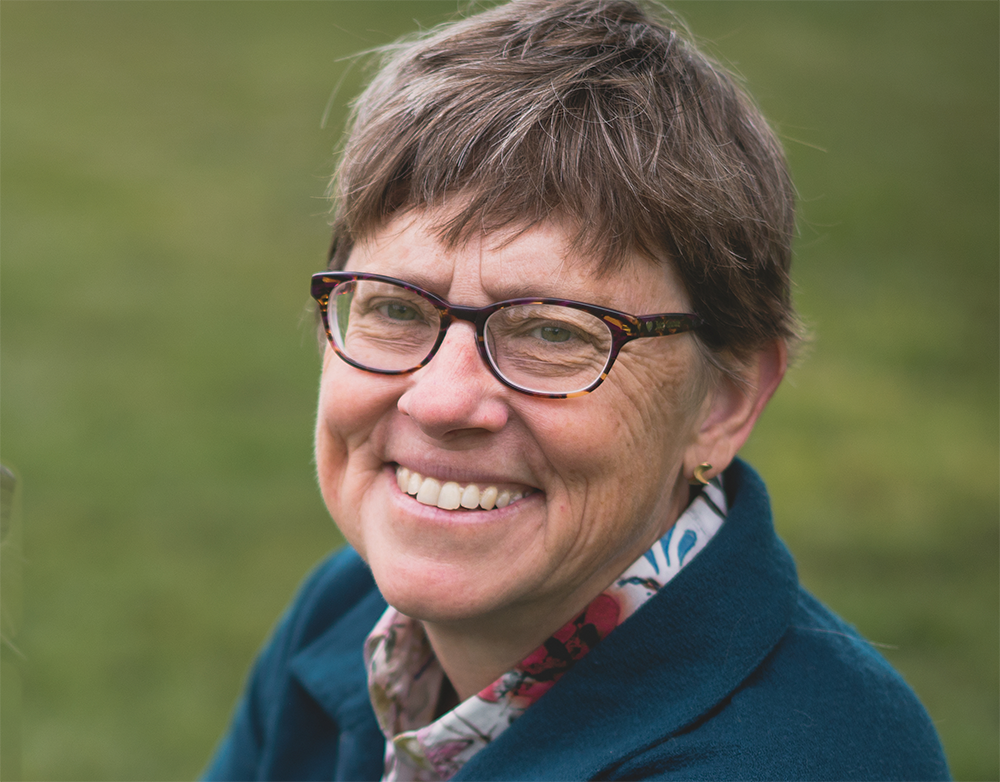 |

|
 |
Professor Deb Niemeier, Clark Distinguished Chair at the University of Maryland. |
|
A National Academies of Sciences, Engineering, and Medicine (NASEM) panel led by Deb Niemeier, Clark Distinguished Chair at the University of Maryland, has released a report that recommends measuring transportation insecurity.
Adoption of a Transportation Security Index (TSI) would help planners identify gaps and barriers that leave some without adequate transportation access, the panel found. Developed by sociologist Alexandra Murphy and her colleagues at the University of Michigan, the TSI is modelled on the Food Security Index currently being used by the U.S. Food and Drug Administration.
“We invest heavily in transportation infrastructure, which is a vital underpinning of our economy, and we’re very good at measuring how well that infrastructure performs,” Niemeier said. “We can determine with great accuracy how a new roadway segment will impact congestion, for instance.”
“What we haven’t been factoring in, however, is whether infrastructure projects are actually making it easier for people to get to where they need to go. We also haven’t paid sufficient attention to how well new investments meet needs. For example, those living in rural areas often lack sufficient access to critical health care, or there are those in urban areas whose access to critical destinations is hindered by existing infrastructure. Tools such as the TSI can help,” she said.
Lack of transportation access can create and compound socioeconomic disadvantages, Murphy and other researchers note. Repercussions can include difficulty finding or keeping a job, difficulty in obtaining needed medical care for themselves or their families, or inability to receive education or training.
Under the NASEM proposal, states, localities, and other stakeholders would implement pilot programs intended to better track these accessibility problems, with the TSI serving as a primary tool for this purpose.
A National Academy of Engineering (NAE) member, Niemeier joined the UMD civil and environmental engineering faculty in 2019. She directs the Center for Disaster Resilience, which assists individuals, communities, and governments in understanding and reducing the catastrophic effects of natural hazards.
February 4, 2025
|

